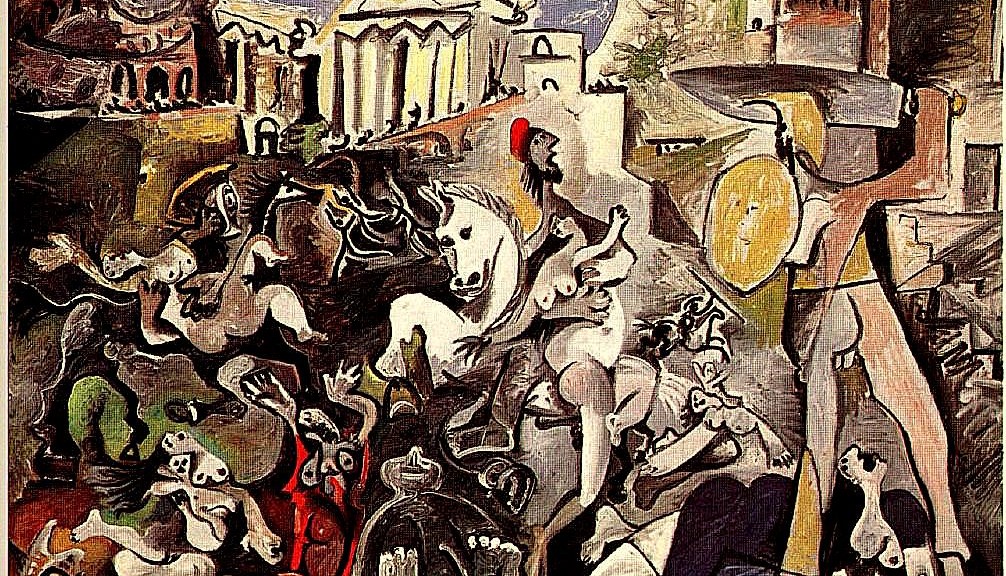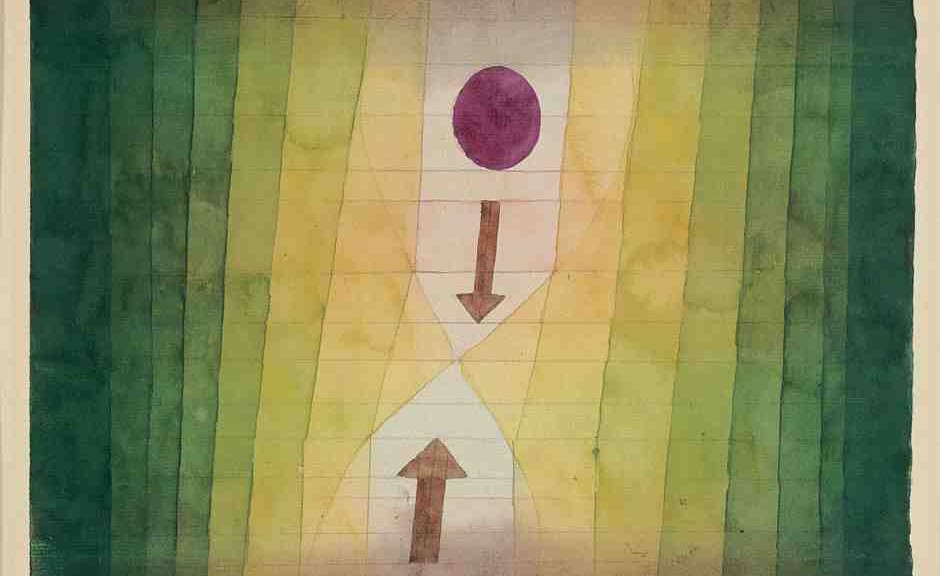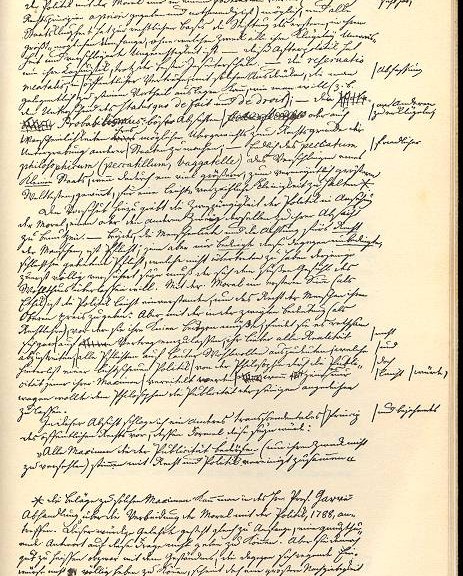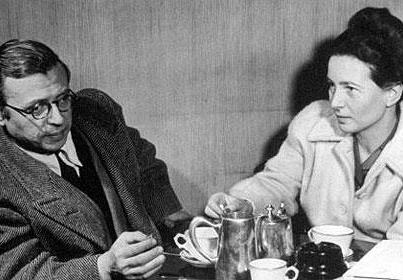Keynote Speaker and Text-Seminar: Professor Linda Alcoff, Hunter College CUNY
Emory University, March 20 and 21, 2015
Extended Deadline: February 6, 2015
Intersections of Experience: Culture, Violence, and Power
While the language of “culture” is often employed to demarcate distinct sets of practices, it is also used to denote their normative content, as in the term “rape culture”. The binding force of norms, in turn, can operate through relations of power and violence that are enacted on bodies, physical and figurative, keeping in mind the semantic link made by violence’s etymon: vīs: “power, force, strength.” We welcome papers that approach this set of problematics—culture, violence, and power—through the intersections of experience. That is to say, intersections of “race,” “gender,” “sexuality,” “disability,” etc. Submissions on any topics related to these concerns will be considered.
Although primary consideration will be given to philosophy, we are interested in receiving submissions from multiple fields and theoretical approaches, including but not exclusive to: comparative literature, women and gender studies, African American studies, cultural studies, political science, and religious studies. Conference presentations should not exceed twenty minutes. Please submit a blinded 500-word abstract plus a cover sheet with your name, university affiliation, contact information, and a brief biography of your academic interests and achievements. Please send your proposal as an email attachment in .docx or .pdf format to mmubiru [at] emory [dot] edu.
Suggested Topics Include:
-
Exploring intersectionality (between race, sexuality, gender, disability, ethnicity, social class, indigeneity, et al.) as it relates to culture, violence, or power.
-
Novel treatments of “power” as a conceptual tool to understand social relations.
-
Theorizing recent events or trends (Ferguson, ISIS, rape and institutional bodies, e.g., the military, the university, etc.) through contemporary or historical thinkers.
-
Phenomenological, psychoanalytical, and other philosophical approaches to the experience of trauma.
-
Epistemological and metaphysical analyses of the phenomenon of trauma.
-
Analyses of rape culture, micro-aggression, pornography, domestic violence, sexual harassment, and/or compulsory sexualities as they relate to broader theoretical and social concerns.
-
Politics of bodies and trauma, including their legal frameworks (e.g., “Yes means yes”), their discursive frameworks, and their marketing (Undercover Colors, rape whistles, etc.).
-
Reflections on the effect of representation for the experience of marginalized political and cultural identities.
- The relation of class to the experience of and response to trauma, rape, domestic violence, etc., and structural inequalities in access to security and justice.





